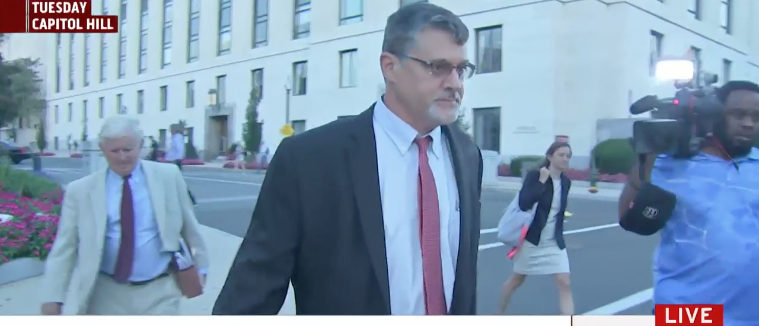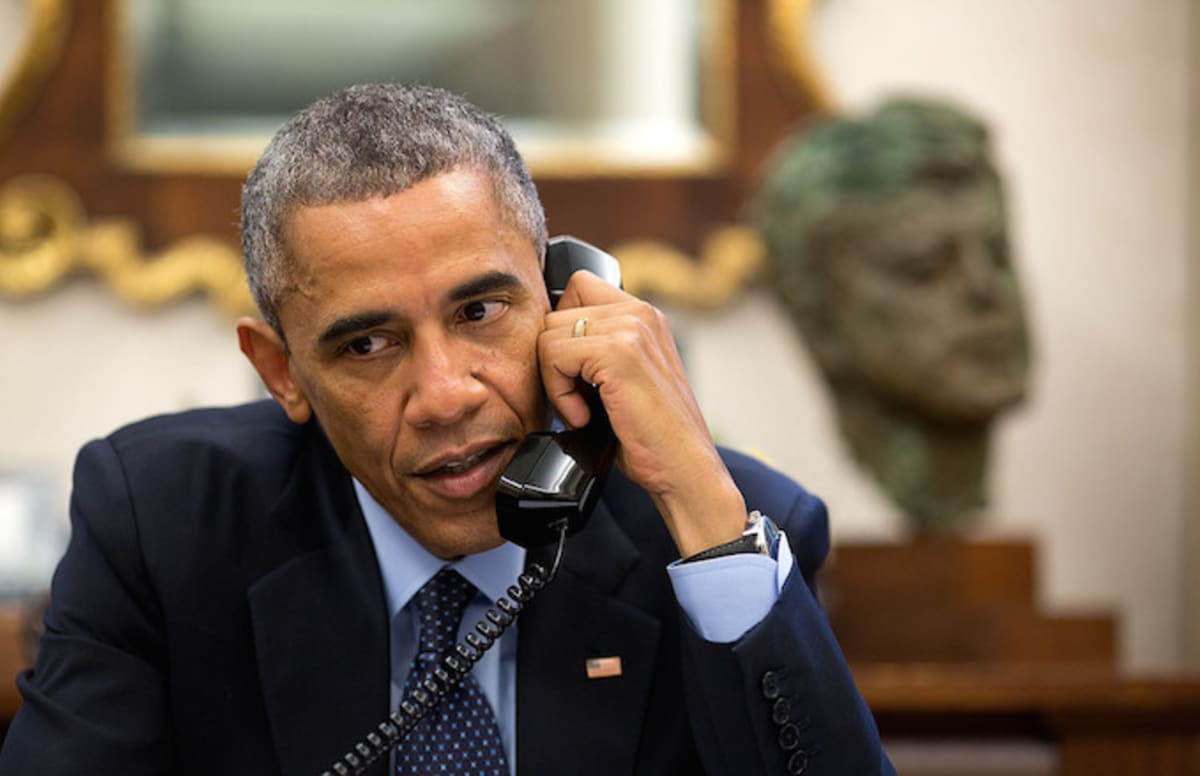Primer: FNC: The co-founder of the firm behind the anti-Trump ‘dossier’ told House investigators Tuesday that he personally discussed with members of the media allegations of Trump-Russia collusion, though he did not speak to the sources behind the claims, a source told Fox News.
According to a source familiar with the matter, Fusion GPS co-founder Glenn Simpson refused to answer key questions during his seven-hour, closed-door appearance before the House Intelligence Committee. The source said he would not answer questions on his relationship with specific journalists or ties to the Democratic National Committee and Hillary Clinton campaign, which financed the anti-Trump research via the law firm Perkins Coie.
But the source said Simpson acknowledged he did not personally look into certain aspects of the dossier — which was authored by former British intelligence officer Christopher Steele and contained salacious allegations about the Trump team’s ties to Russia.
Simpson told investigators he never spoke to the underlying sources of the document, never traveled to Russia and did not verify the dossier beyond comparing the claims to “open source” media reporting.
The source said Simpson also told investigators he was “upset” when then FBI Director James Comey re-opened the Hillary Clinton email investigation in late October 2016, and Simpson wanted to push back.
Simpson’s appearance was arranged last week in coordination with his attorneys.
The committee initially sought to subpoena Simpson, but withdrew it in exchange for his voluntary testimony.
“Throughout this entire year, the White House and its allies on the Hill and elsewhere have attempted at every turn to smear Fusion GPS because of its connection to the Steele Dossier,” Simpson’s attorney Joshua Levy said Tuesday.
He said Steele and Simpson briefed reporters on the dossier, but neither Simpson nor Fusion GPS paid members of the media to publish stories of any kind. The House Intelligence Committee is back in court Wednesday as Fusion tries to prevent the release of its bank records.
Levy, however, said the dossier is solid.
“What they did do is they contracted with Christopher Steele. … This experienced British intelligence official came back with a report. That now in hindsight looks quite accurate,” Levy said.
Fox News reported earlier this month that Simpson met with Russian lawyer Natalia Veselnitskaya before and after the June 2016 Trump Tower meeting with Donald Trump Jr. and others.
Fox News reported that, during that period, bank records show Fusion GPS was paid by a law firm for work on behalf of a Kremlin-linked oligarch while also paying Steele to dig up dirt on Trump.
But Levy said his client was “shocked and surprised” when he learned in media accounts about the Trump Tower meeting and her presence.
The FBI is examining why Russia transferred nearly $400,000 to its embassies ‘to finance’ the ‘election campaign of 2016’
The FBI is reviewing a series of wire transfers totaling more than $380,000 sent in August and September of last year by the Russian government to its embassies around the world — most with the memo “to finance election campaign of 2016” — BuzzFeed News reported on Tuesday.
It is unclear which “election campaign” the money was for — the US campaign was in full swing, but Russia’s lower house of Parliament was also set to hold an election on September 18.
The funds were transferred to about 60 embassies worldwide from August 3 to September 20, 2016, according to BuzzFeed News. At least one transaction originated from VTB Bank, the report said.
VTB, which is majority-owned by the Kremlin and was sanctioned by the US in 2014, transferred $30,000 to the Citibank account of Russia’s Washington, DC, embassy on August 3, prompting the bank to examine VTB’s other transactions over the same period.
Citibank would then have been required to inform the Treasury’s Financial Crimes Enforcement Network, or FinCEN, if it noticed any suspicious activity.
The Senate Intelligence Committee, which BuzzFeed News says has been made aware of the wire transfers, asked the Treasury for its FinCEN records in April, The Wall Street Journal reported at the time. It received over 2,000 documents from the financial-crimes unit, which monitors over 200 million Bank Secrecy Act records involving more than 80,000 financial institutions.
A dossier compiled by the former British spy Christopher Steele alleging ties between President Donald Trump’s campaign and Moscow claimed that Russian “diplomatic staff” paid “relevant assets” to provide “a two-way flow of intelligence and other useful information.”
“Source E claimed that Russian diplomatic staff in key cities such as New York, Washington DC and Miami were using the emigre ‘pension’ distribution system as cover,” the dossier reads. “The operation therefore depended on key people in the US Russian emigre community for its success. Tens of thousands of dollars were involved.”
The congressional intelligence committees have been examining the dossier’s claims as part of their investigations into whether the Trump campaign colluded with Moscow to influence the outcome of the election.
The special counsel Robert Mueller is leading a parallel investigation into Russia’s election interference. Mueller began hiring lawyers in June with extensive experience in dealing with fraud, racketeering, and other financial crimes. Late last month, the Trump campaign chairman, Paul Manafort, and his longtime business associate Rick Gates were indicted by a grand jury as a result of charges stemming from the investigation.
Mueller’s team is reportedly scrutinizing a meeting in December between Jared Kushner, Trump’s son-in-law, and Sergey Gorkov, the CEO of another sanctioned Russian bank, Vnesheconombank.
Related reading: Top Democrat: Trump’s DOJ nominee helped Russian bank sue over Trump-Russia dossier







